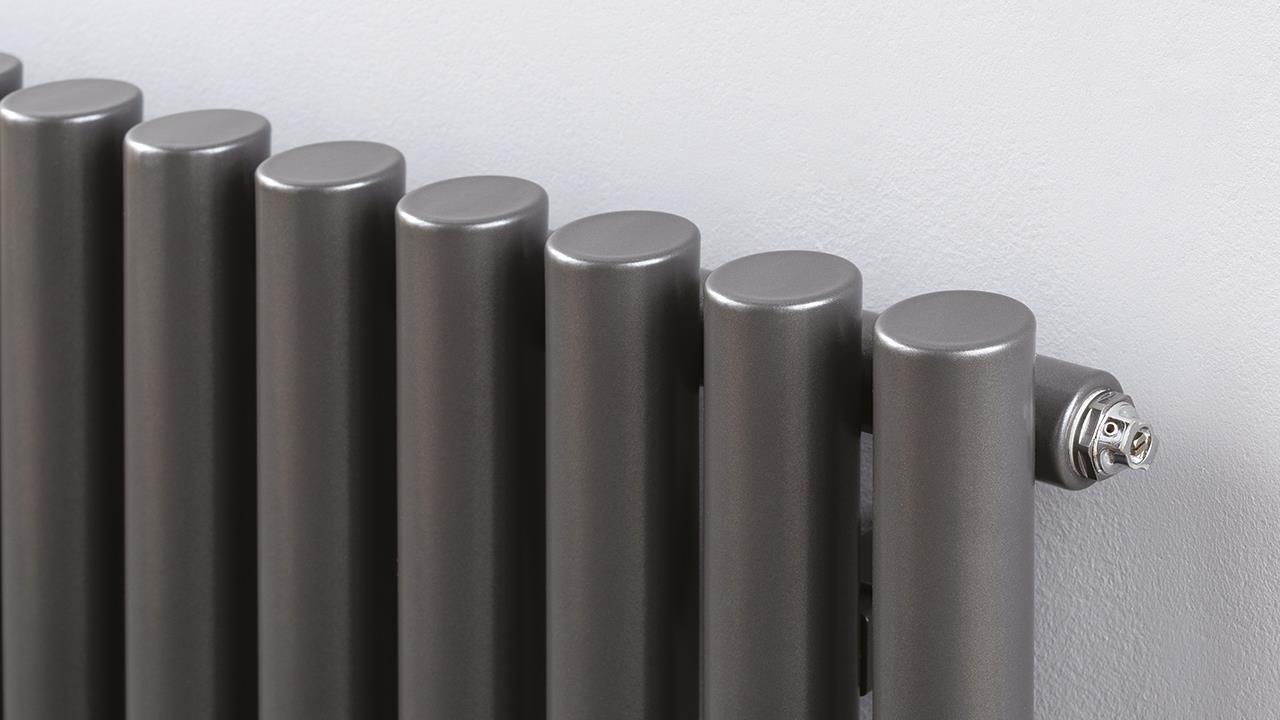

Andy Phillips, Sales Director at Supplies4Heat, discusses the importance of only installing certified radiators.
Reputation and customer feedback is vital to installer success and research from Paddle, the verified app for finding emergency tradespeople, explains that almost half of homeowners only ever use a tradesperson recommended by friends and family.
With word of mouth being such a key driver, installers will want to recommend products that work as expected when installed correctly. This helps to instil trust and confidence with your customer base and provide the foundations for repeat business as a result.
Unfortunately, there are radiator products in the market that are supplied with misleading performance figures. This results in the specification of a subpar product that will not work as expected which, in turn, can have a harmful impact on your business, including the additional cost of returning to a job, and negative feedback from consumers.
However, there are some key pieces of legislation and certification schemes that installers can use to educate and arm themselves against misleading quotes and protect their reputation.
BS EN 442
Quality products are certified and tested to BS EN 442 to ensure their durability, longevity, and ability to perform as stated. In turn, end-users benefit from longer product lifespans and installers benefit from reduced refunds and negative feedback – eliminating unnecessary losses.
What’s more, installing only high-quality products will help to increase positive sentiment from customers which is crucial where word-of-mouth reputation is key in generating new business.
Underperforming radiators can create significant problems for users. The key issue is that the product will provide inadequate heat output.
To overcome this, homeowners will turn up their thermostat to try and make up for this gap in performance. This puts extra strain on the heating system, causing higher heating bills and, ultimately, the cost of replacement. When looking to replace the radiator, the homeowner – now dissatisfied and lacking confidence in the installation – is likely to look for an alternative installer.
This scenario can unfortunately happen all too easily, despite legislation in place to protect the supply chain. By law, all manufacturers must publish the heat output (BTU) of radiators according to Delta T50, which will ensure the radiator correctly matches the requirements of the intended space.
Sadly, however, simply publishing data at Delta T50 is not a guarantee of regulation compliance. Manufacturers may still publish BTU ratings based on out of date industry standards and calculations that have since been preceded. Whether this is intentional or unintentional, this flouting of the law can mislead installers about the performance of products – causing issues for the supply chain and ultimately hitting installers and end-users in the pockets.
To ensure this is avoided, work with reputable suppliers that can provide a Declaration of Performance to confirm the accuracy of the product’s figures and ensure total compliance to BS EN 442.
MARC
For further reassurance, installers should prioritise radiator manufacturers and merchant partners that are members of the Manufacturers’ Association of Radiators and Convectors (MARC). An industry body formed to educate the supply chain, MARC ensures that best practice is followed at all times with radiator products, and membership of this body is a sign that the product upholds the necessary requirements for quality and compliance and a commitment to preventing misleading figures impacting the entire industry.
All MARC manufacturers use approved laboratories to test products in accordance with UK and European standards. Testing initiatives, such as RADMAC, stipulate that each laboratory has to test the same radiators using the same stringent assessments.
This means that MARC members are able to guarantee all products are fully CE-approved and certified to BS EN 442. In contrast, a radiator that has been tested by a laboratory that does not fall under this scheme is deemed as non-compliant in the eyes of legislation and performance cannot be guaranteed.
It is illegal to sell products that carry a certificate from any laboratory other than certified or ‘notified’ bodies in the UK. It is worth noting that BSRIA is the only notified body in the UK at present.
Trustworthy manufacturers
As a brand of IRSAP, Supplies4Heat is a member of the MARC scheme, and therefore can guarantee the performance of its designer radiator products.
Whether provided intentionally or otherwise, the consequences of misleading radiator figures are serious and can hit the pockets of the supply chain. Purchasing and installing products from manufacturers that are part of industry bodies such as MARC helps to eliminate this problem, while also reassuring your customers on the quality of your installation.
If you'd like to keep up-to-date with the latest developments in the heating and plumbing industry, why not subscribe to our weekly newsletters? Just click the button below and you can ensure all the latest industry news and new product information lands in your inbox every week.